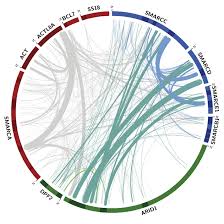Recently, scientists from the Dana-Farber Cancer Institute have discovered new drug targets for two malignant cancers. It is expected to develop new therapies for the treatment of synovial sarcoma and malignant rods-shaped tumors. Related research result was published in the Nature Cell Biology. The researchers say that these two cancers depend on a new molecular called ncBAF, which plays a key role in regulating gene activity, consisting of multiple specific…
Cancer research
BCR: Targeting Collagen XIII Protein Is Expected to Successfully Treat Breast Cancer Metastasis
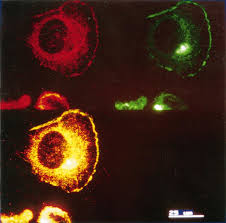
Recently, researchers from the University of Kentucky found that targeting a protein called collagen XIII may effectively inhibit the metastasis of breast cancer. And the article related was published on Breast Cancer Research. Breast cancer begins in epithelial cells, cells that are arranged in organs and tissues of the body. In general, most of the epithelial cells die when detached from the extracellular matrix. This type of programmed cell…
Cancer Res: Cancer Stem Cells May Use Normal Genes to “Do Evil”
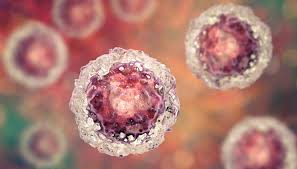
CDK1 is a normal protein that drives cells through the replication cycle, while MHC class 1 molecule is also a normal molecule that exhibits a small amount of protein on the cell surface for examination by the immune system; Recently, scientists from the University of Colorado Cancer Center found that a group of cancer cells labeled with MHC class 1 molecule and high levels of CDK1 are extremely unusual. In…
Nature: “Reconstruct” T cells into the Brain and Attack “Escape” Cancer Cells
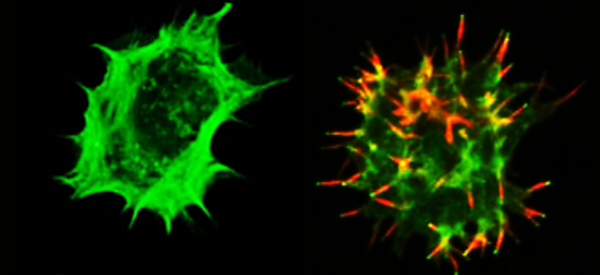
For glioblastoma, immunotherapy faces a particular challenge—the blood-brain barrier blocks T cells from entering the brain to prevent brain inflammation that can be life-threatening. This “protective measure” is beneficial under normal conditions, but it prevents T cells from reaching the glioblastoma, leaving immunotherapy useless. On September 5th, Nature published an article entitled “A homing system targets therapeutic T cells to brain cancer”, which reveals a new solution from a…
New Mechanism by Which Cancer Cells Inhibit Anti-tumor Immune Responses Revealed
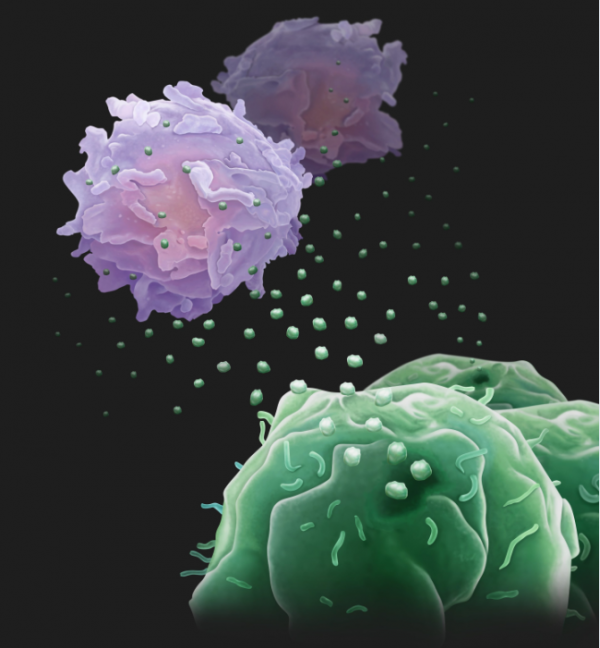
Cancer cells are not just a group of cells that are out of control; for their own survival, they actively participate in the struggle with the immune system. Being able to evade detection by the immune system is a feature of cancer. In a new study, researchers from the University of Pennsylvania found that cancer cells release biological “unmanned aerial vehicles” – small vesicles called exosomes that circulate in the…
Nat Med: Key Factors Determining the Anticancer Effect of Immunological Checkpoint Therapy
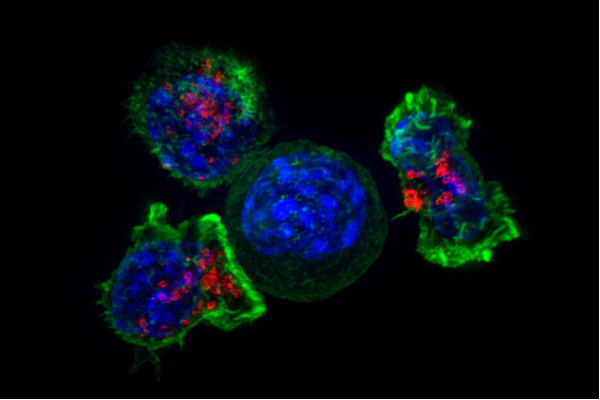
Stimulatory dendritic cells (SDCs) play a key role in stimulating cytotoxic T lymphocytes and promoting immune responses against cancer. Studying the mechanisms that regulate the abundance of SDCs in the tumor microenvironment (TME) will provide new therapeutic strategies. Rencently, researchers from the University of California, San Francisco, studied the abundance in human melanoma and the influencing factors of SDC, and found it was associated with intratumoral expression of…
The Latest Research Progress in Cancer Resistance (II)

(Continued) Scientific Reports: New Computational Approach to Identify Chemotherapy Targets (DOI: 10.1038/s41598-018-19284-3) One of the most important features of tumors is the methylation of deoxycytidine to form 5-methylcytosine (5mC). DNA methylation is the process by which a methyl group is added to a DNA molecule. It has been found that the occurrence and distribution of 5mC are important for gene regulation, and it can also serve…
The Latest Research Progress in Cancer Resistance (I)

Drug resistance is one of the main reasons leading to the failure of cancer treatment, which greatly limits the choice and use of cancer drugs, and breaking the hopes of the cancer patients again and again. The study of drug resistance in cancer is of utmost importance. It is imminent to explore the mechanism of cancer resistance and new methods to combat drug resistance. Insulin pathways can lead to…
Cell: Special Cancer Protein Brings Hope for New Targeted Cancer Therapies

Highlights The oncogenic Gαs mutation R201C allows GDP-bound Gαs to activate adenylyl cyclase GDP-bound Gαs(R201C/C237S) adopts an active state in its crystal structure The R201C mutation activates Gαs by stabilizing an intramolecular H-bond network Loss-of-function mutations R228C and R265H destabilize the GTP active state of Gαs A few days ago, researchers from Howard Houston Medical School discovered a novel protein mutation in pituitary tumors, which may subvert the traditional concept,…
JEM: Prevent Exhaustion in Immune Cells Boosts Immunotherapy
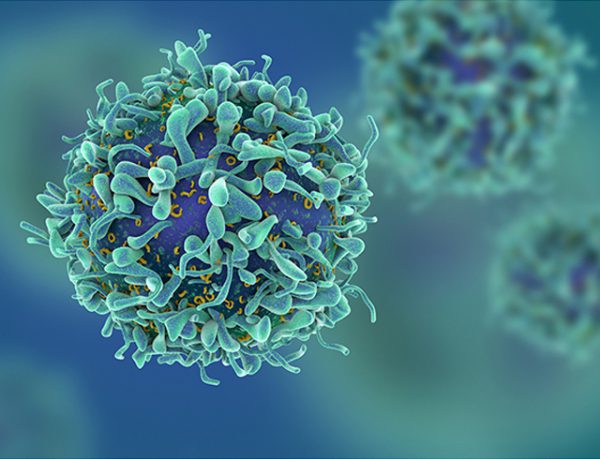
If you are an immune cell ready to fight cancer, you’d better eat some breakfast. Because the tumor microenvironment is a harsh place, and tumor cells are always ready to make you exhausted. Improvement of highly specific immune fighter in vivo: The ability of T cells to attack tumors has achieved clinically significant advances in tumor immunotherapy. However, this method is only effective in 10-30% of patients. One reason…
